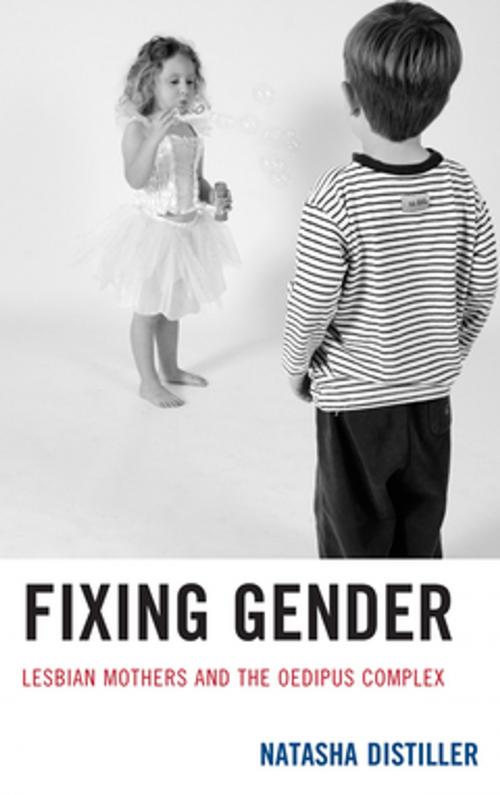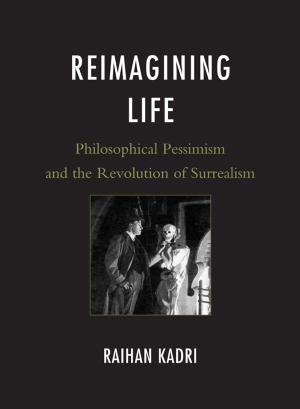Fixing Gender
Lesbian Mothers and the Oedipus Complex
Nonfiction, Health & Well Being, Psychology, Psychoanalysis, Child & Adolescent, Child Development, Social & Cultural Studies, Social Science, Gender Studies| Author: | Natasha Distiller | ISBN: | 9781611470314 |
| Publisher: | Fairleigh Dickinson University Press | Publication: | April 1, 2011 |
| Imprint: | Fairleigh Dickinson University Press | Language: | English |
| Author: | Natasha Distiller |
| ISBN: | 9781611470314 |
| Publisher: | Fairleigh Dickinson University Press |
| Publication: | April 1, 2011 |
| Imprint: | Fairleigh Dickinson University Press |
| Language: | English |
Fixing Gender uses psychoanalysis to explore the theoretical implications for the gendering of the human subject that arise from the situation of lesbians raising children from birth. In the face of the powerful evidence of the ways gender operates, and in the deep structural ways the logic of gender perpetuates, both made visible by psychoanalysis, this book asks: Is gender always fixed? Can the system which is produced by, and which produces, gender be altered? Can gender be fixed? The work begins by sketching the implications of gender as elucidated by feminist thinkers in general and feminist psychoanalytic thinkers in particular. Moving to Freud's theory of the subject, the work examines the logic of the Oedipus complex, and from there it looks at what feminist object relations theorists have done with and to the logic of the Oedipus complex. The book then moves to the literature on lesbian family functioning; and finally the work ends with a radical interrogation into the possibilities enabled by paying attention to form, and highlighting its constitutive possibilities.
Fixing Gender uses psychoanalysis to explore the theoretical implications for the gendering of the human subject that arise from the situation of lesbians raising children from birth. In the face of the powerful evidence of the ways gender operates, and in the deep structural ways the logic of gender perpetuates, both made visible by psychoanalysis, this book asks: Is gender always fixed? Can the system which is produced by, and which produces, gender be altered? Can gender be fixed? The work begins by sketching the implications of gender as elucidated by feminist thinkers in general and feminist psychoanalytic thinkers in particular. Moving to Freud's theory of the subject, the work examines the logic of the Oedipus complex, and from there it looks at what feminist object relations theorists have done with and to the logic of the Oedipus complex. The book then moves to the literature on lesbian family functioning; and finally the work ends with a radical interrogation into the possibilities enabled by paying attention to form, and highlighting its constitutive possibilities.















